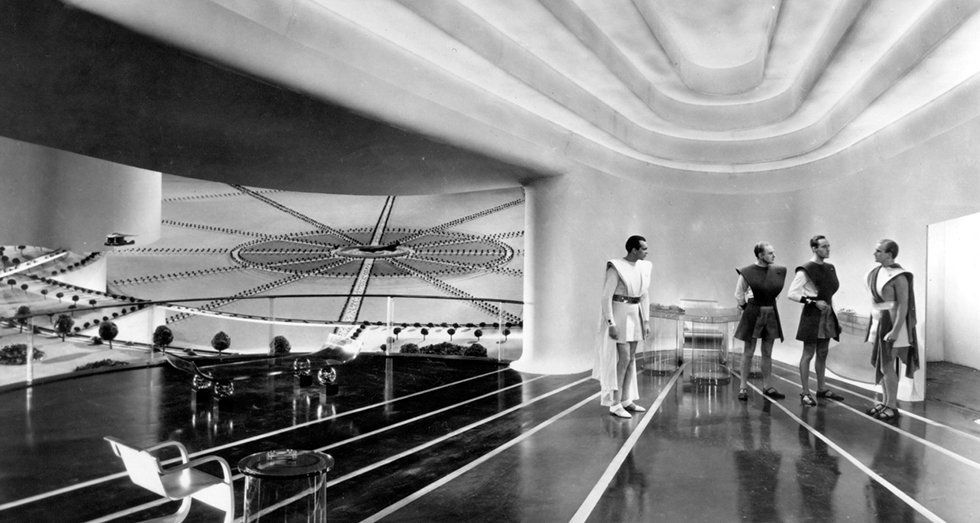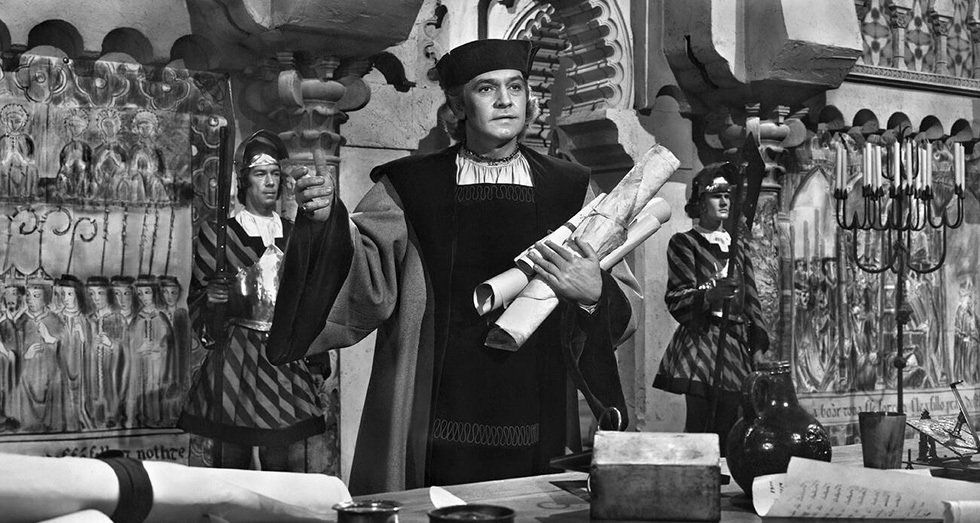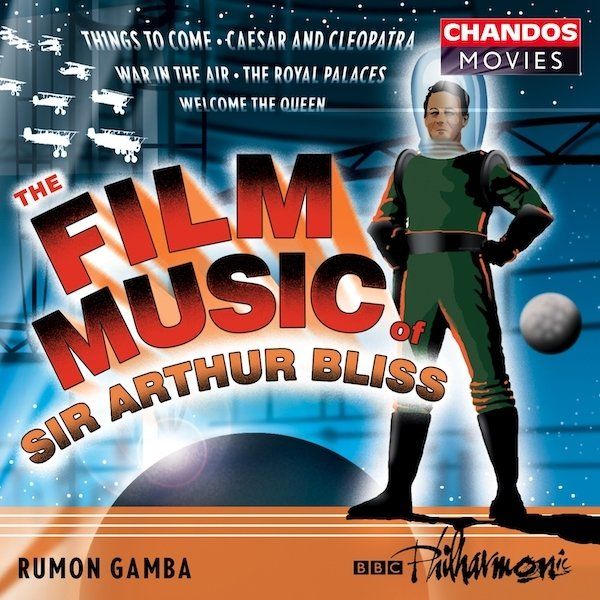Arthur Bliss 1891-1975

By popular convention, a composer is a long-haired, badly-dressed, hungry-looking, lean-faced, wild-in-the-eye aesthete. Oddly enough, some of them fit the description perfectly. But not Arthur Bliss. This London-born composer is a neatly-groomed, smartly-attired, prosperous-looking, well-built, down-to-earth gentleman of the type associated with the Stock Exchange. He speaks a precise but not pedantic King's English, acquired as a result of a schooling that included Rugby, Pembroke College and Cambridge University ; he is a Batchelor of Arts and obtained his Mus.Bac. in 1913. While at Cambridge, he studied under Charles Wood, continuing his musical education at the Royal College of Music in 1914 with Stanford, Vaughan Williams and Gustav Holst. Then came the First World War. Bliss joined the Royal Fusiliers and later the Grenadier Guards, where he took a commission. He was wounded at the Battle of the Somme, experienced the horror of being gassed at Cambrai, and was mentioned in despatches.

There is no shortage of source information covering the history of Things to Come, both the film and the music. Bliss devoted a number of pages about his involvement with H.G. Wells’s project in his autobiography As I Remember and there is also a substantial piece devoted to the concert suite in Bliss’s own ‘Selected Writings’ which span the period 1920 to 1975. Importantly, numerous private letters were exchanged between Bliss and Wells during the years the film was made, 1934 to 1935. These can be found in the Wells’ archive in Chicago and the Bliss archive in Cambridge. The composer spoke many times on both TV and radio about his film music, even as late as 1972 when a guest on Roy Plomley’s Desert Island Discs. If you have not heard this interview it can still be accessed through BBC iPlayer Radio.

The whole of the first half of the picture, CHRISTOPHER COLUMBUS is laid in Spain, mostly at the Spanish Court and shows Columbus’ frustration at the delay and lack of interest in his first adventure. It is difficult with American and English actors to suggest the atmosphere of Spain, - that is what the music has to do - so I have tried using Spanish idioms and tunes akin to those of Spain which convey the feeling and atmosphere of the age in which Columbus set forth from Spain.
Reviews

The film, the most expensive British production to that date was certainly ambitious. Adapted from HG Wells from his own pseudo-documentary futuristic novel, the story was nothing less than a sociological and political history of the coming century, featuring a Second World War beginning in 1940 and ending with the first moonshot in 2036. Wells personally chose Bliss to write the score, who agreed on condition he have complete artistic control over the use of his music. An excellent account of the making of the film, complete with a good amount about the relationship between Bliss and Wells and the development of the score can be found in Christopher Frayling's excellent BFI Classics book which has the same title as the film (ISN 0-85170-480-8). In the end Bliss did not get his wish. As with all films there was substantial re-editing and the music had to be adapted to the eventual release cut. This, and the subsequent history of the score are very well documented by Giles Easterbrook in the accompanying bookl

Christopher Columbus is heard in Adriano’s arrangement of the 1949 Suite. It’s a hefty-ish undertaking at twenty-five minutes or so. Spanishry is rife in this salty and swashbuckling opus, though the effect is symphonic and not bitty. This is principally because, for example, Adriano has allowed the main titles to expand into the overture which means the opening now lasts not far shy of five minutes. The shortest cut is The Messenger [track 5] which lasts barely a minute. The Commission (track two) takes in three successive cues, the first of expressive seriousness, and the second urgent and terse. There’s a luxurious cue for Doña Beatriz (track 3 - I won’t go into the plot, it’s pretty obvious and standard fare) but its musical virtues are strong. One can feel the gusts and billowing sails in The Voyage begins. Mutiny is a montage of cues, whilst the processional that pictorialises Columbus in chains is equally visceral. The brassy ceremonial Bliss is off the leash in the final cue, Return to Spain - not th



